How to Ensure a Brownfield Site Has Potential
Article written by:
Rob Csondor
Let’s assume you have identified one or a number of urban/ brownfield sites that could offer development opportunity.
You now need to ensure each one is viable
Here’s how to do this.
1: Check the ownership/ title
As a part of your due diligence, the first thing to check is; who is it, that actually owns the land?
To do this you’ll need to undertake a Land Registry Search.
This will outline some history of previous use and tell you if there are any current ownership issues such as rights of access, easements, wayleaves and ransom strips.
Issues such as these may not stop you developing the site but they will be a key consideration and may restrict what you can or cannot do.
To check out these ‘issues of title’, you need to view the title documents for the land or ask a planning consultant such as RCA. Title documentation will be included in the Land Registry.
There is a nominal cost to access the Land Registry and you can do this online.
2: Check previous transactions
Following on from the above, the Land Registry will also tell you about previous land transactions and, whilst these can be quite broad, they may give you an indication of what would be a realistic offer for the land purchase.
3: Check ground conditions
This is especially relevant to brownfield sites because it is very likely that, following former use, ground contamination will be present.
For more information on checking ground conditions, see our recent blog Developers – What should be included in your technical assessment?
With brownfield sites, another way to check former use is by accessing online resources such as www.envirocheck.co.uk.
This will tell you about previous use and also give you an indication of contamination, ground geology and quality.
You can also at this stage, call in consultants and site investigation professionals who specialise in assessing ground conditions.
This can be a very cost-effective solution, because initially, a lot of this investigation can be done at a desk, working online.
If required, second stage, on-site analysis can also be undertaken.
The checks that you undertake into your potential site’s ground conditions will inform your remediation strategy and the costs that you can expect to be involved.
4: Check the planning context
By this we mean the local development plan.
The local development plan is of course, the Bible for us all and, in terms of your potential brownfield site, it will tell you about any site applications and also give you the council’s policies in relation site use.
Some applications may still be valid; some may have expired.
Knowing about earlier applications can be especially helpful, because this may indicate that at some point, a particular usage was acceptable to the local authority.
The implication is, that if you apply for similar usage, this will be received in a positive way.
The more recent the consent, the more relevant it will be (and the more benefit it will be) in relation to you gaining a new consent.
You can of course, access the local plan (as well as the site’s planning history) on your local authority’s website.
5: Undertake a market assessment
By this we mean quite simply, analysing what you can expect to get on the site in terms of density and the financial return.
A good guide for this is knowing what’s currently happening locally and also, required in the future.
Again, the local development plan will be your guide here.
To undertake a full assessment of the market you will probably want to call in an independent consultant such as RCA.
A consultant will be able to look at comparative transactions in the vicinity and will use the Land Registry data to assess recent sales and realised values.
RCA can help
Do remember that here at www.rcaregeneration.co.uk we deliver wide ranging planning and development consultancy advice and support.
We know a great deal about assessing a site’s development potential and we would be very pleased to help.
Why not get in touch for an informal chat on 01905 887686
You can also email info@rcaregeneration.co.uk
Critical Issues in Financial Viability Assessments
So, you have concerns about whether your site is viable to develop because the cost of planning obligations are too high, or the affordable housing requirement is too...
RCA exceed £15.9m FVA savings for developer clients
RCA Regeneration confirm savings for its developer clients have now exceeded £15,900,000 (since Jan. 2022), unlocking previously unviable sites through Financial...
Vacant buildings: obstacle or opportunity?
For developers in towns and cities, vacant buildings are often seen as a constraint as they can impose additional costs upon development, either in terms of their...
‘Enabling Development’ – What is it?!
Recently I have been dealing with more cases for 'Enabling Development', either where it has been enforced by a Local Planning Authority to try and restrict development...
What Should Be Included in Your Technical Land Assessment?
Undertaking an appropriate technical land assessment before site purchase and mobilisation is a critical part of any profitable development.
Here are some key things to...
Development Options
Landowners, whether they be individuals or organisations, have a range of options when they consider how to maximise the value of their assets.These options depend upon...

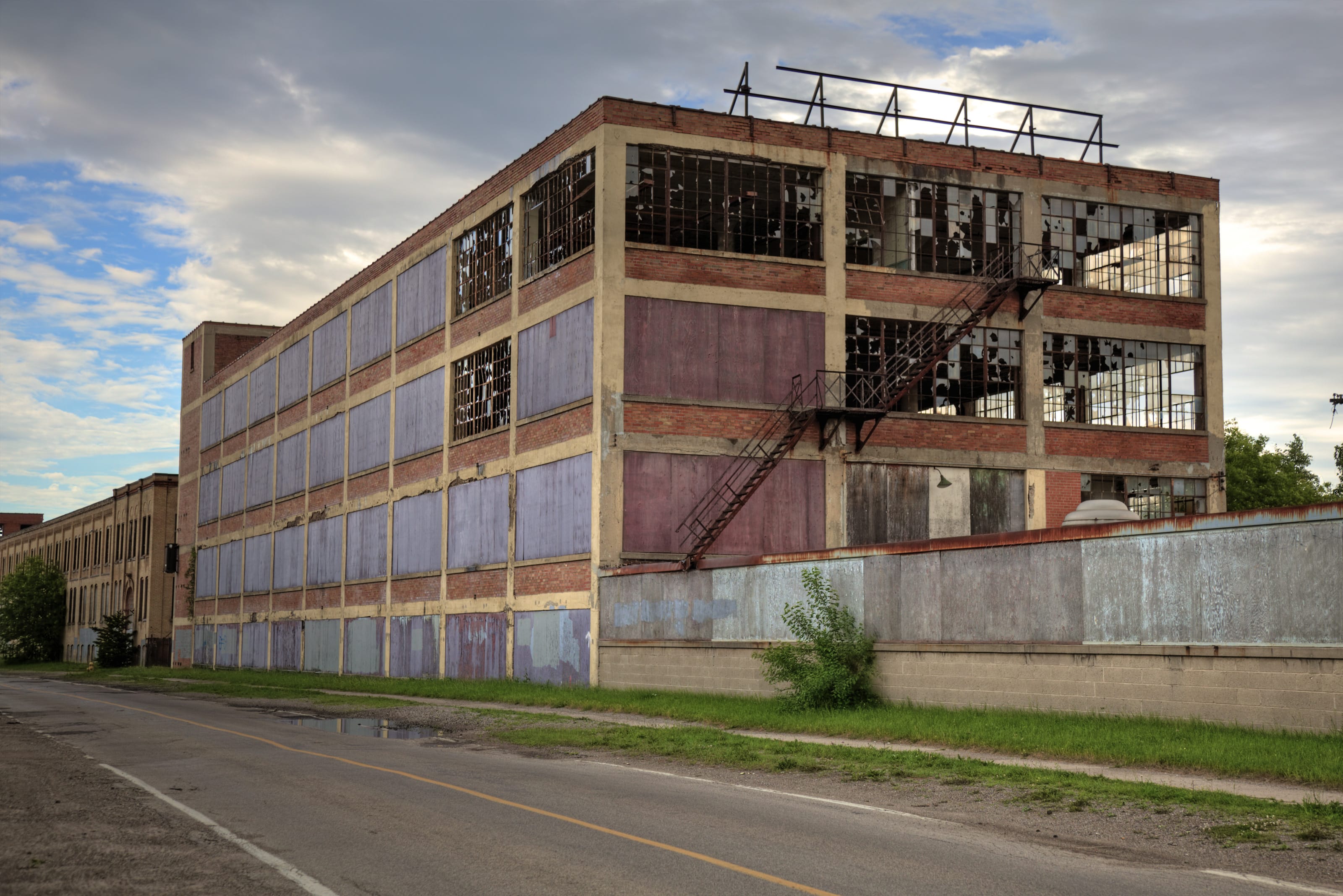
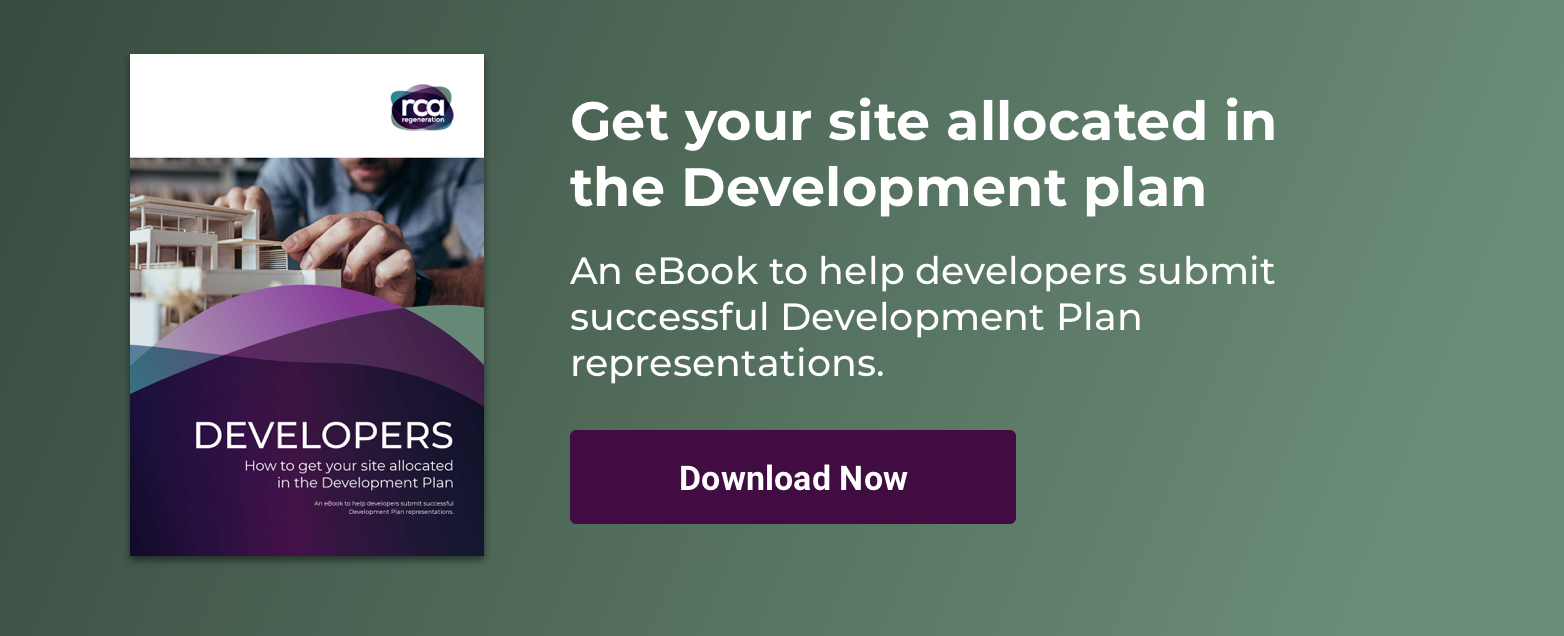
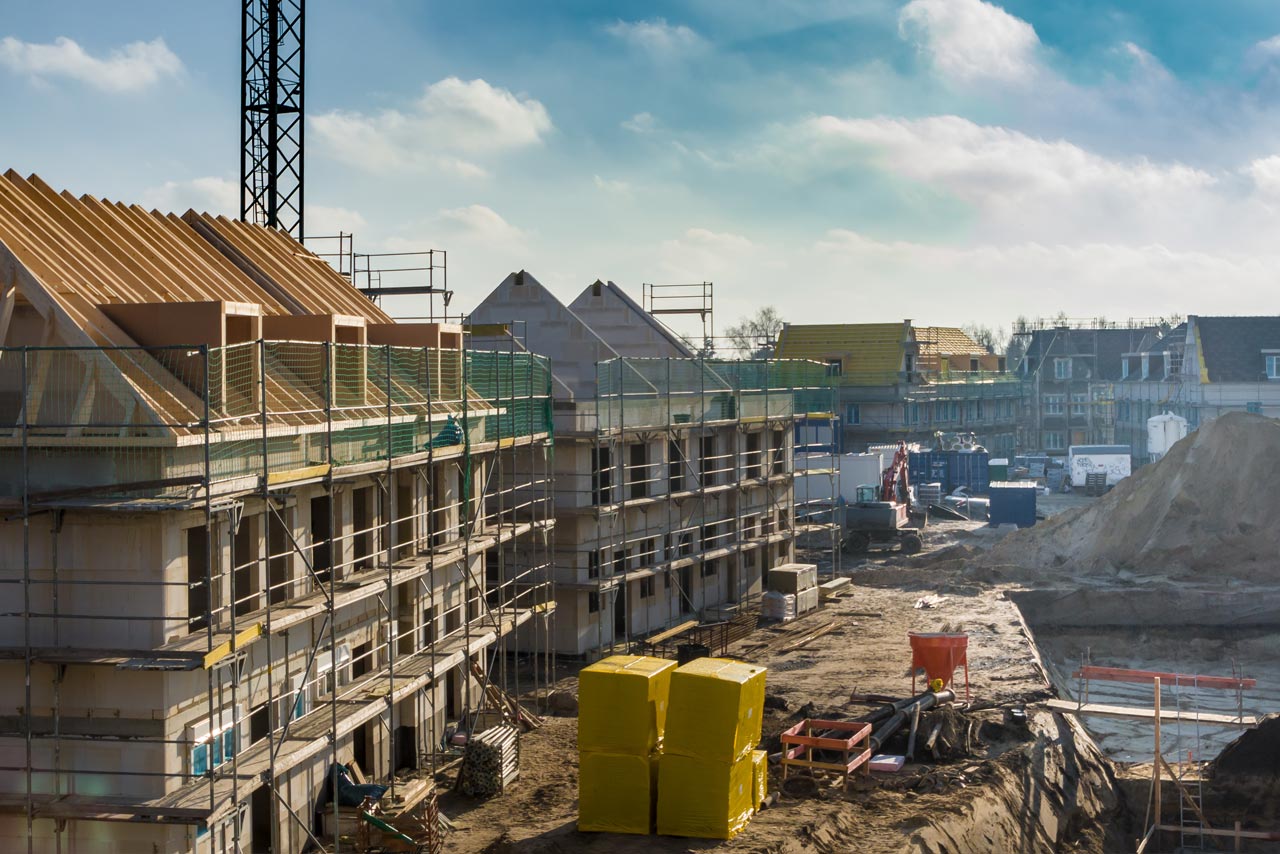
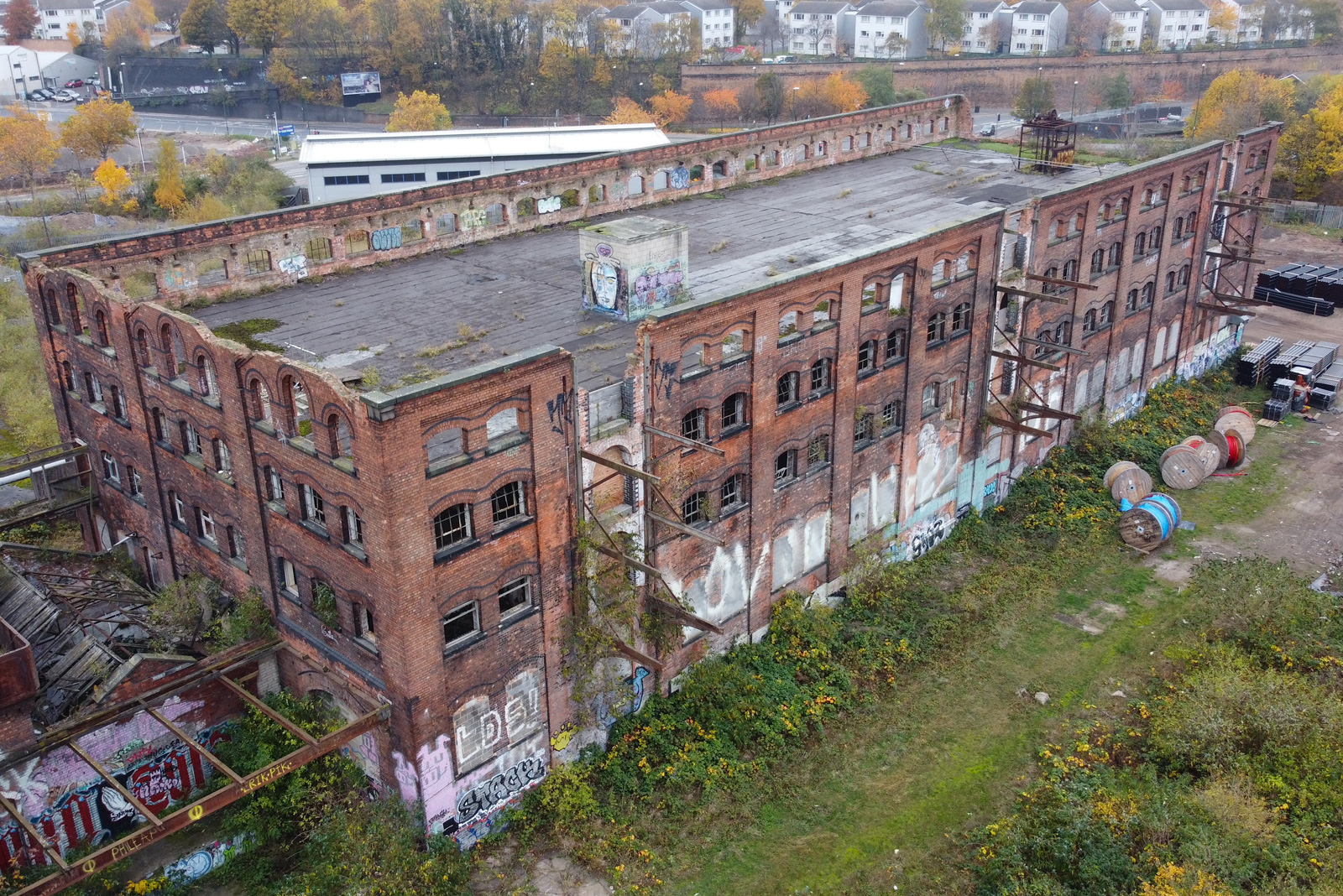

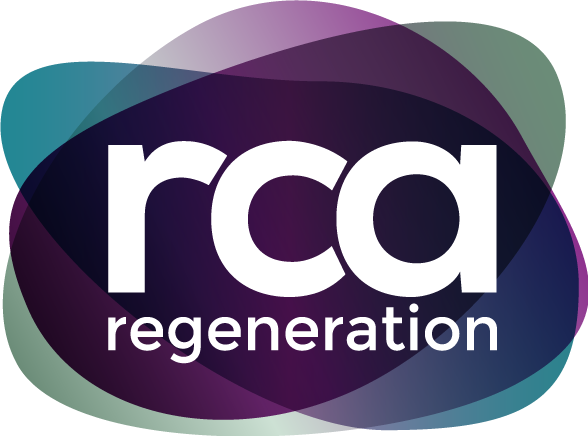
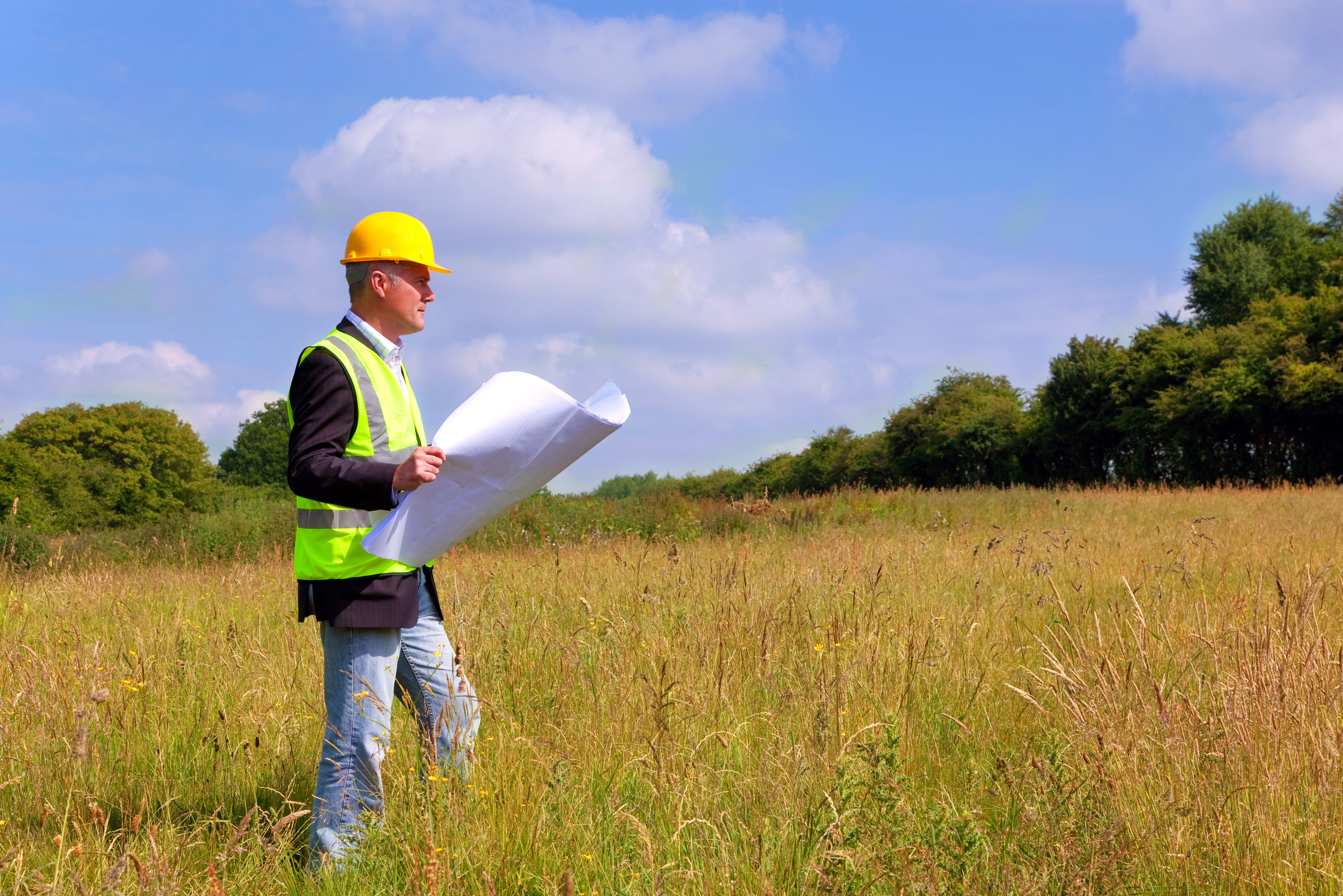
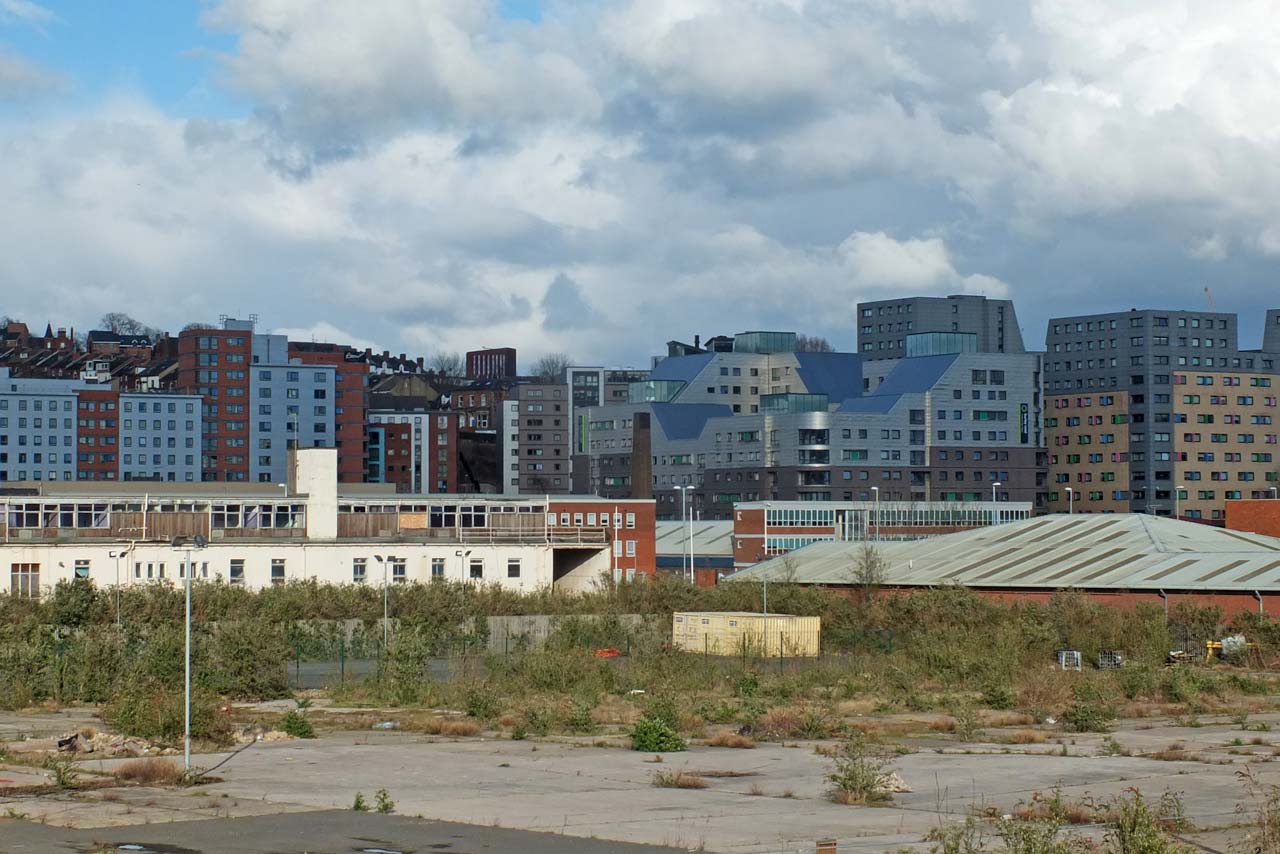
Leave a Comment